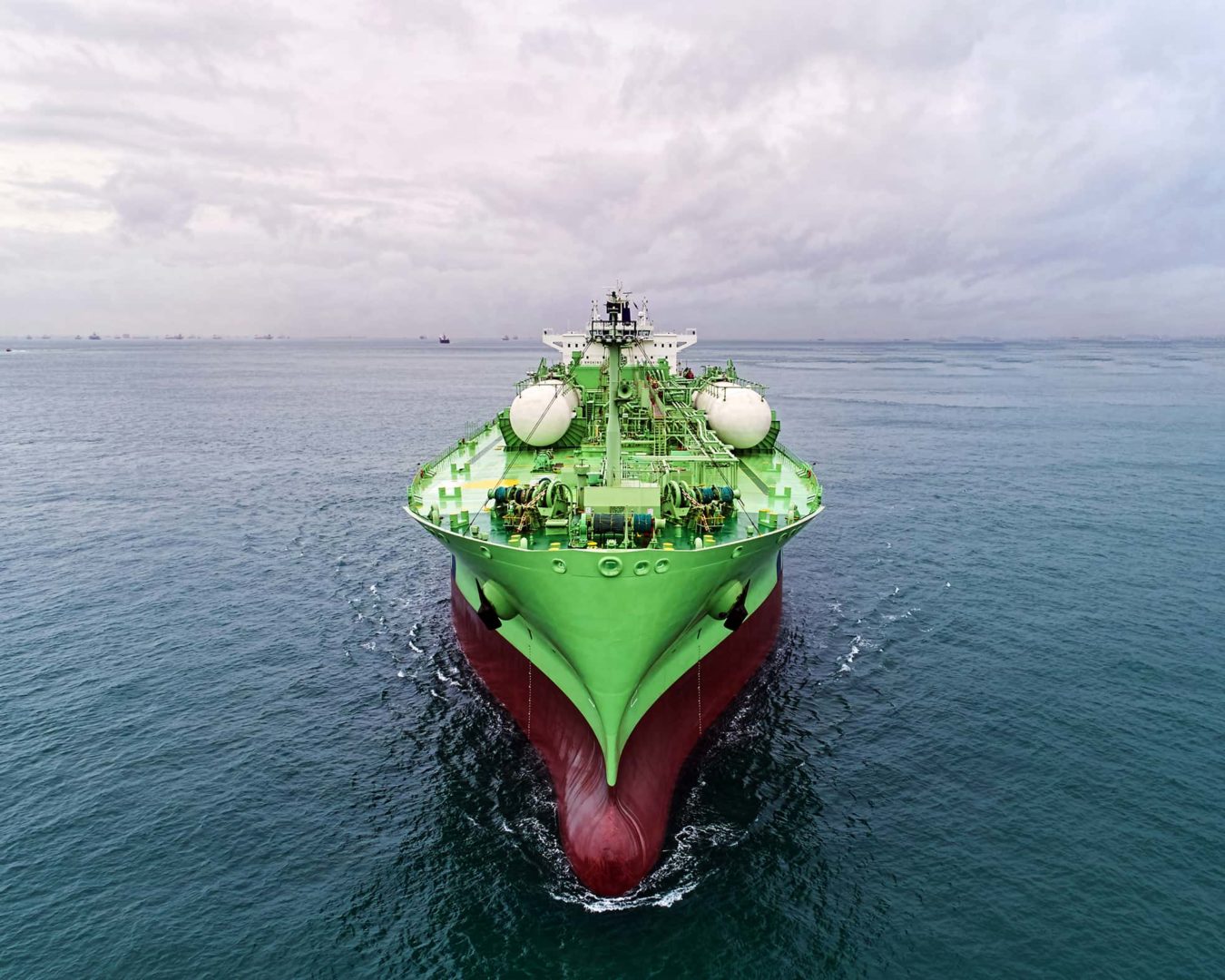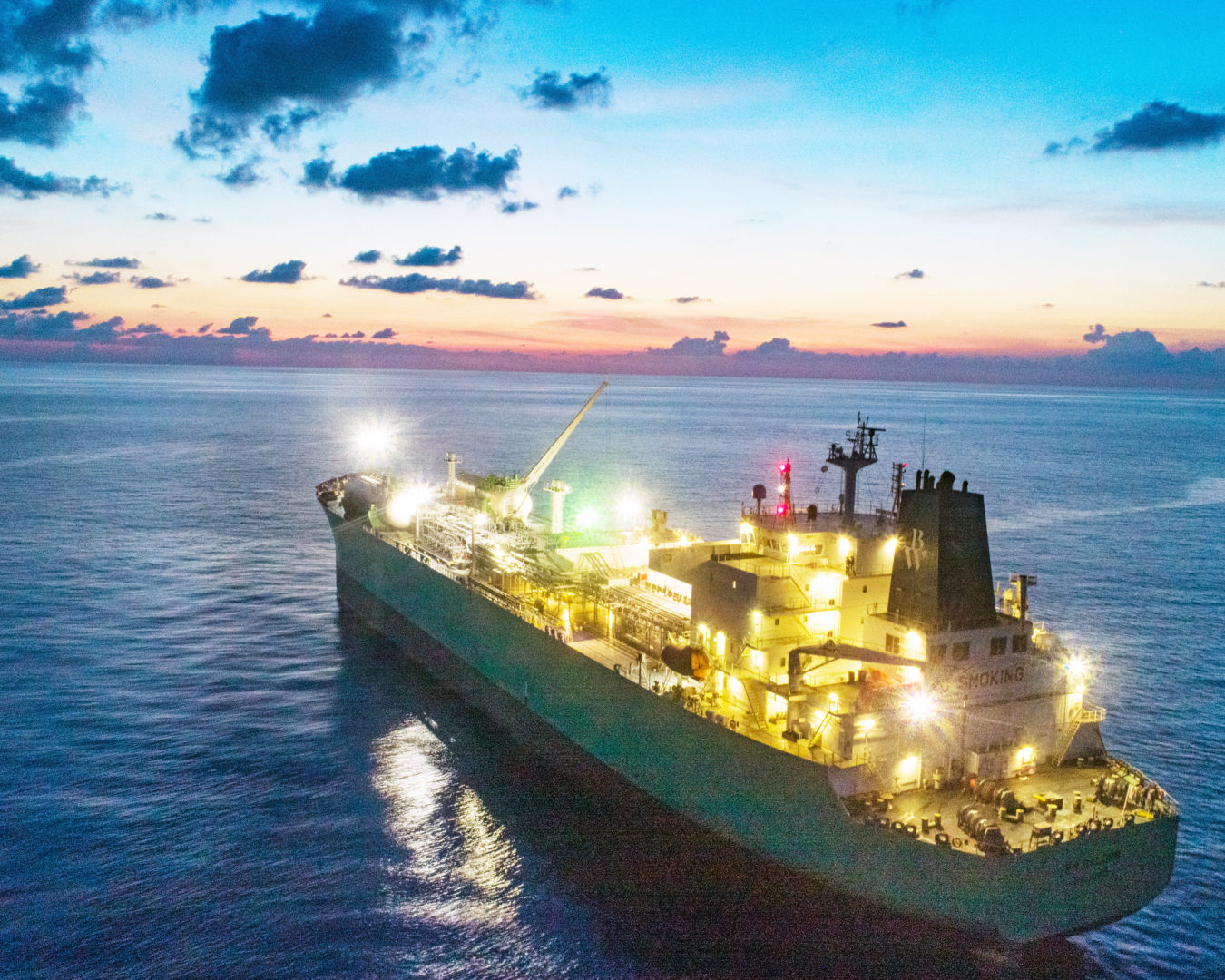Material Topic for BW LPG

We are committed to a proactive climate management strategy, addressing risks from extreme weather events in our operations and supply chain. Through advanced risk assessments, we fortify operations, prioritise asset resilience with sustainable practices, integrating climate considerations into investment decisions. With shipping at the core of our business activities, the Decarbonisation Roadmap sets out milestone targets and initiatives we are working towards for our fleet.
Risk, Commitment, Value
Risk
Climate change presents immediate and long-term risks to the company’s business and financials. These risks are expected to increase over time. Climate risks can arise in the form of physical risks and transition.
Commitment
We are committed to reduce our impact on climate change and become a partner of choice in carbon-free transport solutions.
Value
We deliver cleaner energy safely, sustainably and efficiently to our customers while acting for the climate. It is an important part of our strategy to mitigate climate-related risks.
This material topic will address the Task Force on Climate-related Financial Disclosure (TCFD) recommended disclosures on strategy and risk management. The identification of climate-related risk and opportunities is integrated into our Enterprise Risk Management (ERM) process and is further elaborated within this section.
Our Approach
Climate Change Management
Physical risks could damage properties and other assets of the business and its value chain, disrupting operations. Extreme weather events occurring more often could result in potential physical damage, additional volatility within business operations and counterparty exposure. We take a systematic approach in managing impacts arising from weather events as a result of climate change, using technology as a tool to facilitate our actions.
Decarbonisation Transition Plan
Transition risks may result in changes to regulations or market preference, which in turn could have negative impact on the results of operation or corporate reputation. This includes risk associated with new technologies as well as legislative uncertainties regarding climate risk management. Implementing initiatives in the absence of clear regulatory frameworks or adopting pioneering technology may add to regulatory, compliance, credit and reputational risks and costs. Our priorities lie in maintaining our assets and extending their lifespan.

Sustainability Strategy and Governance
Guided by our Vision and Purpose, our sustainability strategy is based on three key pillars and are underpinned by our CARE values.

Targets and Performance
Committing ourselves to the transparent sharing of information on key ESG metrices so as to monitor our performance.

Policies and Guidelines
Communicating our standards for business conduct clearly and transparently through policies and guidelines.

